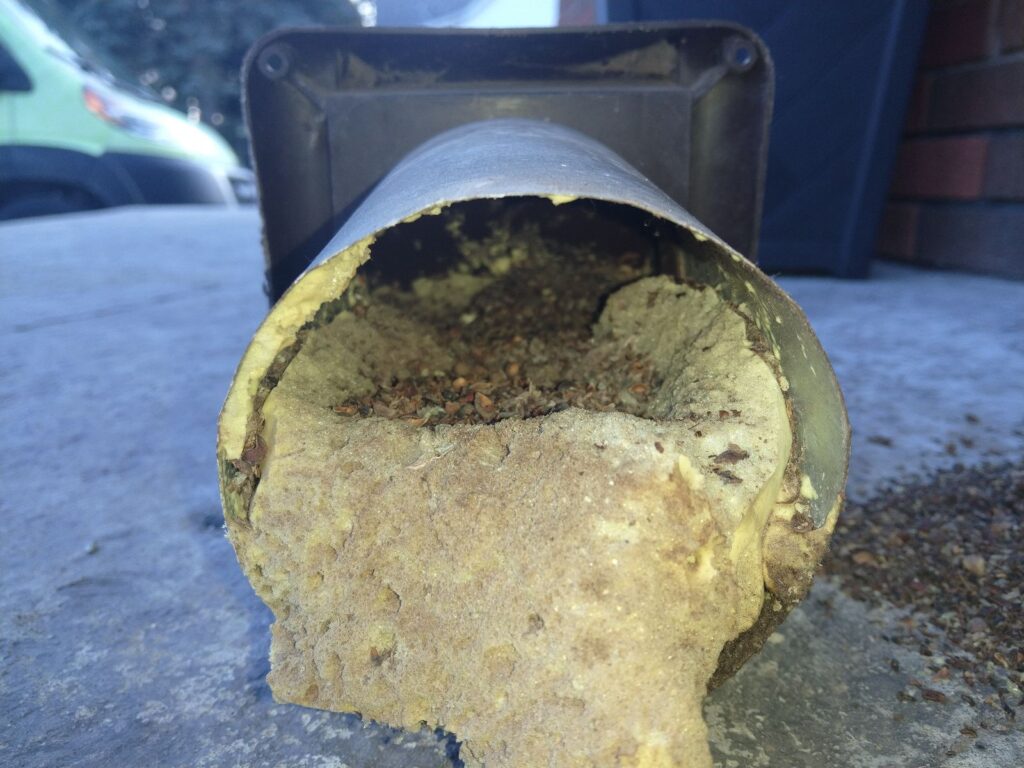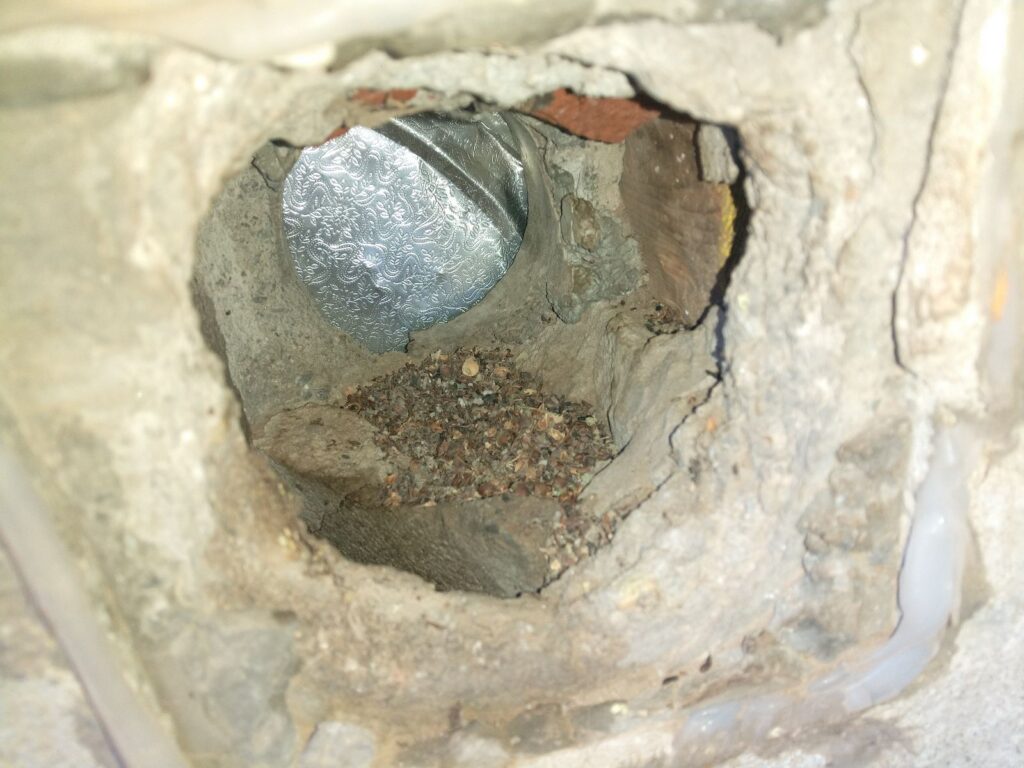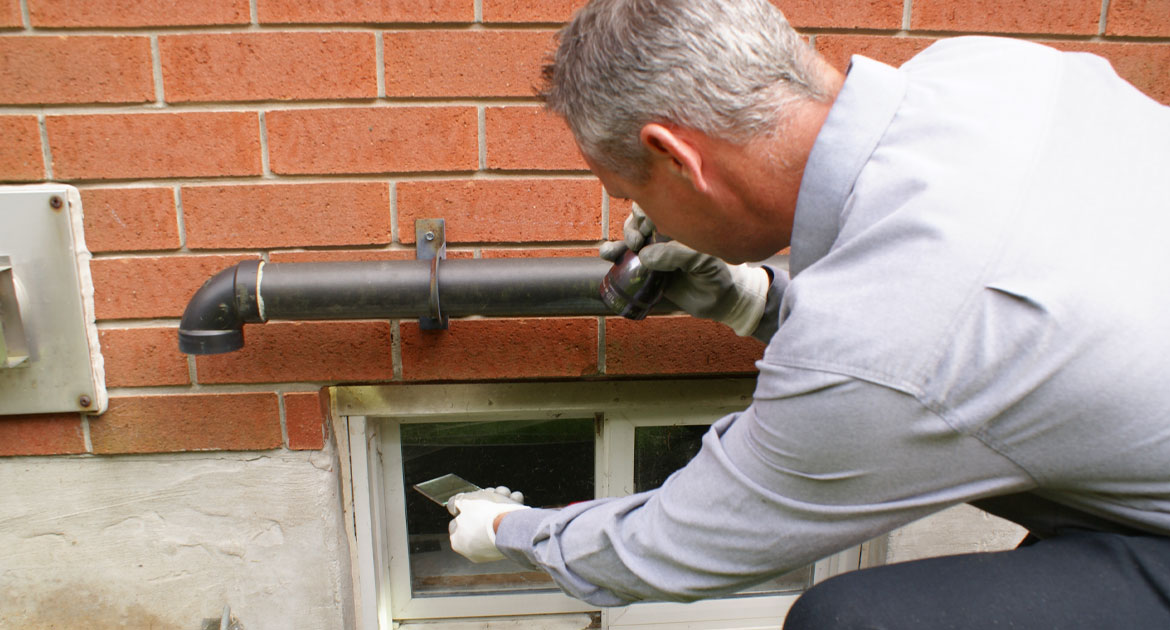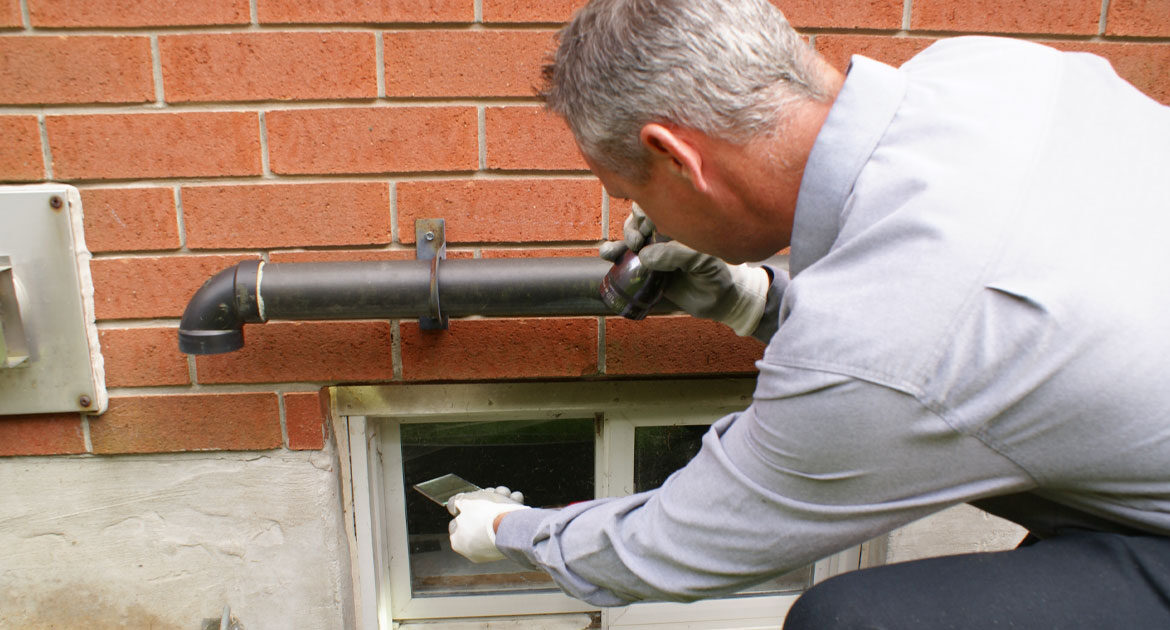Knowing how to get rid of mice can be tricky. Mice are small, and there are many places they can hide throughout the house. Sometimes they nest in inaccessible places around your house, such as the ductwork of your HVAC system. It is always a good idea to call professional mice removal Barrie if you have an infestation, but even more so if the mice are in your ductwork, as this can cause serious problems.
How Do You Know If There Are Mice in Your Ductwork?
If mice are living in your ductwork, you may notice some specific signs. Mice prefer to make nests of soft materials. In your home, they often tear up insulation, which is warm and easy to rip apart. A mouse may then drag the material back to the ductwork to make a nest. When your air conditioner or heater kicks on, the air current may catch wisps of the insulation, or whatever nesting material the mice have chosen to use, and carry it throughout the ductwork. It may escape through the vents and start floating around the interior of your home.
When there is a mouse infestation in your home, it is common to hear unusual sounds, such as scratching or chewing. When the mice are in the ductwork, you may hear them coming from places where you wouldn’t expect them, such as air vents.
If mice live in the ductwork, they are probably urinating and defecating there. Mice aren’t picky about where they carry out these bodily functions. Mouse urine and droppings produce foul odours, which the HVAC system may spread all over the house. This can make it difficult to determine where the smell comes from, though it may get stronger the closer you get to the source.

Why Are Mice in Your Ductwork a Problem?
The presence of mice in your ductwork isn’t only annoying, it can be potentially dangerous. Anything that blocks part of the HVAC system can cause an overall decline in your home’s air quality, which can contribute to problems such as allergy flare-ups and asthma attacks. These problems can increase as the foul air keeps circulating and your family keeps breathing it in.
Mouse urine or feces can carry bacteria or viruses that can cause disease. If the mice urinate or defecate in the ducts, the pathogens may become aerosolized and start blowing around the house where you can breathe them in. This is how the hantavirus spreads from rodents to humans. Hantavirus causes severe respiratory illness. There is no cure, no vaccine, and the only treatment option is symptom management. People with hantavirus often have to go to the hospital to go on a ventilator for artificial respiration, and approximately one-third don’t survive.
In addition to health issues, there are also safety issues associated with mice in the ductwork. A blocked vent could allow carbon monoxide, a poisonous gas, to build up throughout the house. Carbon monoxide is invisible and odourless, and therefore difficult to detect. It prevents your body from receiving oxygen, effectively smothering you. By the time you start noticing symptoms, it could be too late, which is why you should have carbon monoxide detectors installed in your home.
Mice may come out of the ductwork to crawl around within your walls. As rodents, mice have to gnaw on hard surfaces and objects to keep their teeth filed down, and one of their favourites is electrical wiring. A wire that has been severed by a mouse or stripped of its protective insulation could cause a spark that starts a fire.

Do Mice Leave in the Spring?
When spring comes, mice may be more active foraging outside but are unlikely to give up a comfortable nesting place. Skedaddle technicians prevent them from getting back in and then decontaminate and repair the damage they have caused. Learn more about the services we offer.




